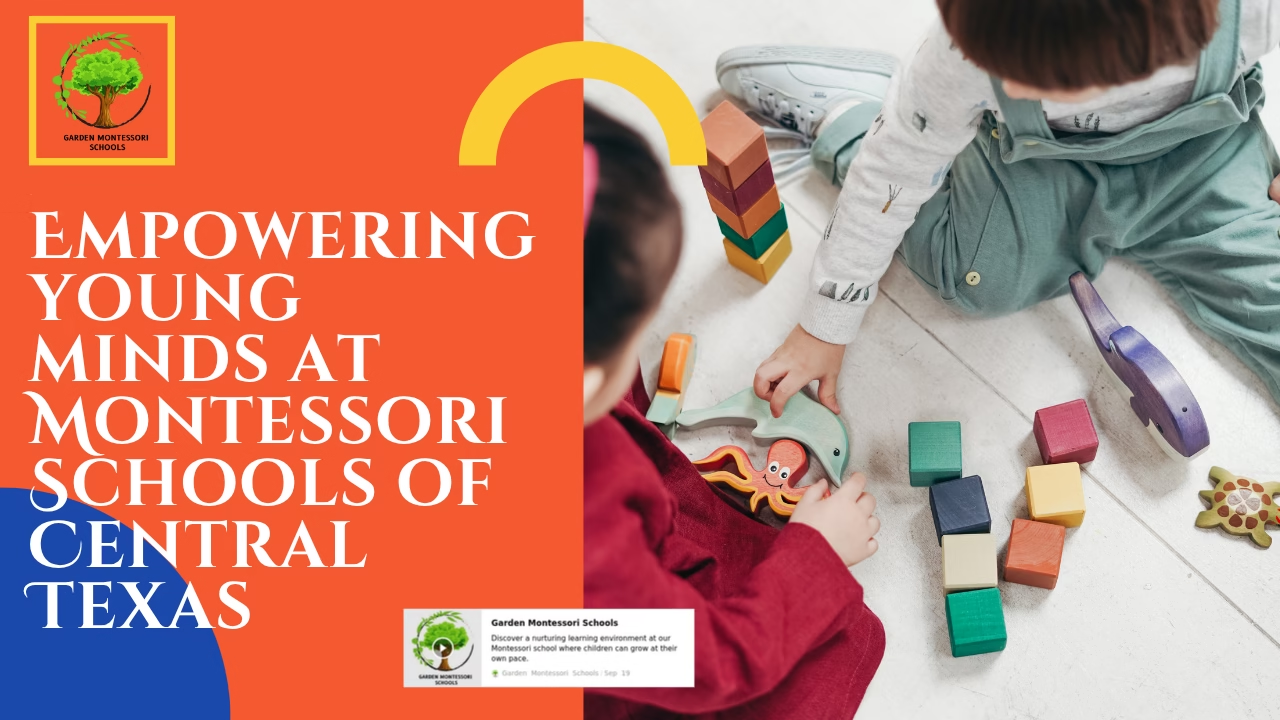A quality daycare does not simply keep children busy; it engages them and nurtures their creativity and growth by ensuring that each child learns in the best way possible.Whether it is visual, auditory, or tactile, a daycare center that understands the different types of learning is able to help children grow.
Through individual daycares, tailor-made approaches to education are created, and they become the best precursors for the child’s prospects.This article will highlight five instructor-led daycare centers that provide instruction and foster a caring academic environment to support the emotional and social development of children.
What Routines Help Children Learn Better in Daycare?
Children learn best when placed in settings with a structured daily routine. Daycares have set schedules, including meal times, nap times, learning sessions, and playtime.
All of these activities cultivate a child’s understanding of time and responsibility. Most often, activities are introduced with graphics or songs to aid memory and enhance the experience—such repetition and rhythm are beneficial for children of different learning styles, including auditory and visual learners.
Children being able to predict what comes next boosts their mental confidence and sense of security. This structured habit aids as children transition to school and helps them concentrate and organize themselves.
How Does Play at Daycare Promote Early Learning?
Daycare offers various methods that children can apply to ensure play-based learning. Such include blocks, pretend kitchens, art stations, and even puzzles.These methods foster creativity and help build essential communication and critical thinking skills.
These activities are perfect for kinesthetic learners and hands-on doers. Learners can develop their social skills through this play, which stimulates imaginative skills and offers a gentle introduction to basic math concepts.
Educators mix and match different accessories to observe which tools best suit learners, enabling them to tailor instructions based on children’s demonstrated learning processes.The joyous beginnings lay the groundwork, ensuring learners possess enthusiasm and confidence throughout the journey ahead.
Where Do Daycare Teachers Use Learning Styles in Teaching?
In daycare, each child is taught according to their individual cognitive development. Some children take delight in repeating and singing new rhymes, while others draw or engage in role-plays to grasp new concepts.
This is where theories of multiple intelligences come into play. It is not uncommon for teachers to use storytelling, music, visual aids, or props to capture students’ attention and convey a lesson.In accommodating these preferences, there is greater participation by the children, and effective teaching takes place.
This Chronic boredom makes it difficult for children to learn in an adaptive way that is more enjoyable.
Why Are Sensory Activities Important in Daycare?
Sensory-rich environments in daycare provide opportunities to explore and promote child-initiated activities, stimulating a child’s curiosity and brain development.
Activities incorporating touch, sound, light, or motion build early learning pathways; children participate in messy play, such as finger painting and water pouring, as well as exploring various textures, which enhance not only their coordination but also their understanding of the world around them.
These methods are particularly effective for children with distinctive learning styles, especially those with divergent instructional needs. These approaches allow daycare learning to be framed as playful rather than burdensome.
FAQs
At what age does daycare start?
Most children start daycare between the ages of 1 and 2 years, depending on their level of readiness and family circumstances.
How do I determine if a daycare aligns with my child’s learning style?
Look for evidence of individualized instruction, including diverse play opportunities, visual aids, and other hands-on activities.
Can daycare centers help prepare children for future academic endeavors?
Yes, daycare centers promote the development of social and academic skills, which enable children to transition into schooling more seamlessly.
Do all daycares incorporate learning styles to different degrees?
Some more than others — inquire about their lesson planning policies during the visit.
Rounding Off
A good daycare supports students in a manner that transcends mere care. As children grow, so does the service.
It is responsive to the unique needs of every child served.By catering to a variety of learning styles, a good daycare enables every child to be understood.The correct setting for every child makes all the difference in early education.



